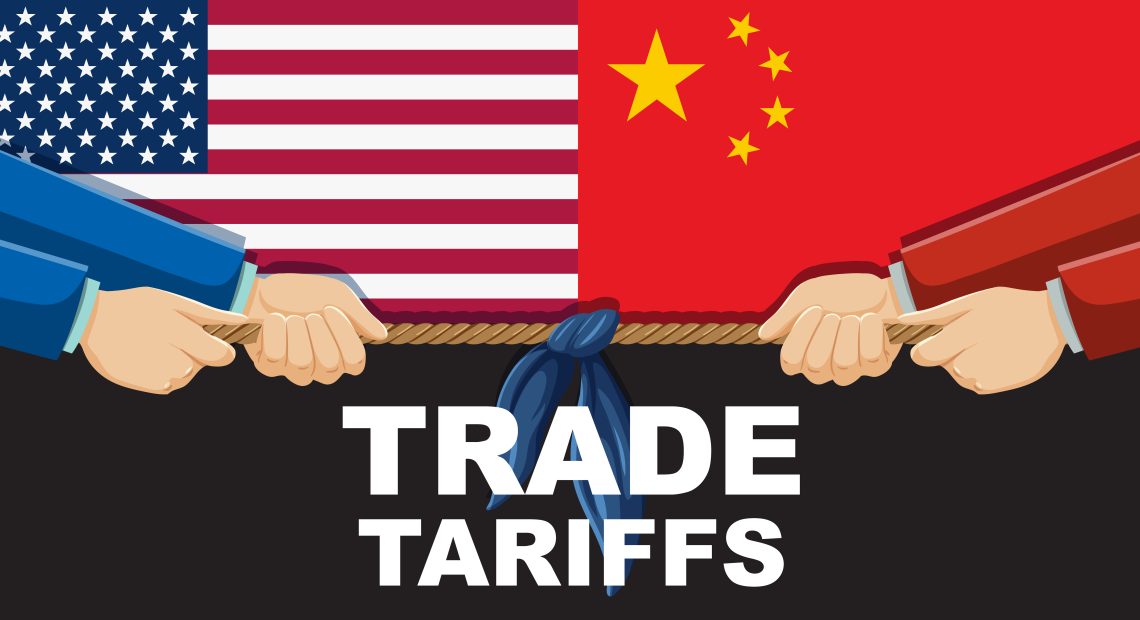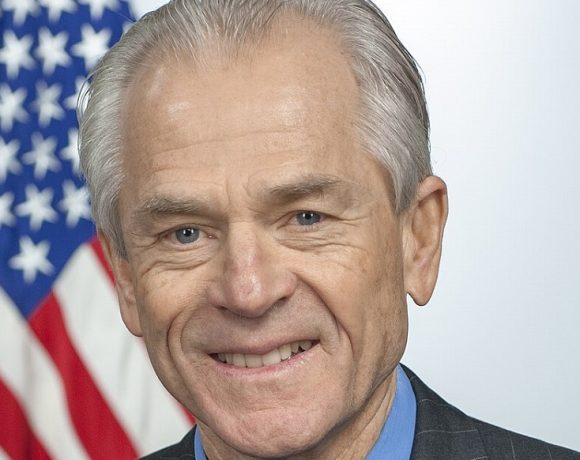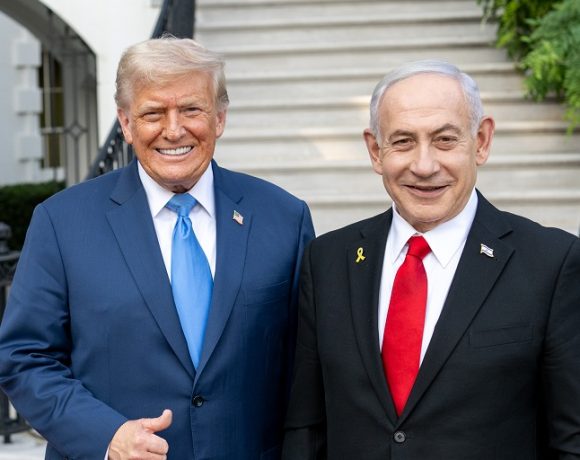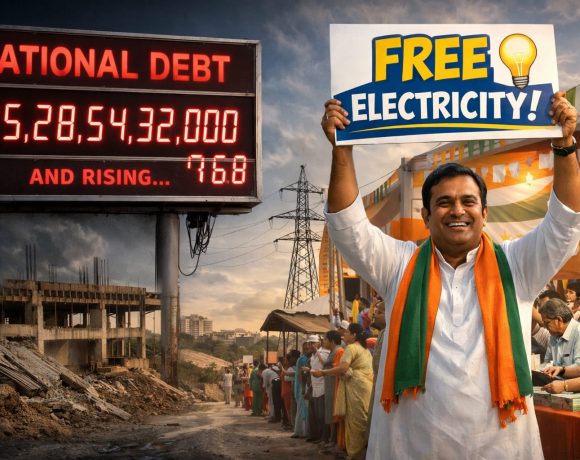
China Rejects Trump’s Tariff Threat, Warns Against Economic Coercion
China has sharply rejected U.S. President Donald Trump’s threat to impose an additional 10% tariff on countries aligning with BRICS, calling the move coercive and counterproductive. Speaking at a regular press briefing, Chinese Foreign Ministry spokesperson Mao Ning criticized the use of tariffs as geopolitical leverage and reaffirmed BRICS’ commitment to peaceful cooperation.
“The use of tariffs serves no one,”
“We oppose tariffs being used as a tool to coerce others,” Mao stated firmly.
China rebuke
Beijing’s response comes amid growing global concern over the weaponization of trade policy. China maintained that BRICS—comprising Brazil, Russia, India, China, South Africa, and newer members like the UAE and Egypt—is not an anti-American bloc but a platform rooted in multilateralism and inclusive development. The Chinese government urged restraint, calling for dialogue over confrontation and stability over economic pressure.
BRICS tariffs
Trump’s warning followed the BRICS summit in Rio de Janeiro, where member nations condemned unilateral military actions and economic sanctions. Trump retaliated with a statement declaring that any country supporting what he described as “anti-American policies of BRICS” would face an additional 10% tariff starting August 1, unless bilateral arrangements were secured by July 9. The proposal threatens to further fracture global trade flows and increase tensions between the United States and emerging economies.
Trade coercion
China’s criticism aligns with a broader sentiment among BRICS nations, many of whom have called for reforms in global trade governance and a shift away from Western-dominated institutions. Chinese officials warned that using tariffs to punish sovereign policy choices undermines global norms and risks damaging trust in international economic relations.
Why It Matters
This latest exchange adds another layer to escalating U.S.–China tensions, with BRICS now at the heart of a growing geopolitical-economic divide. As the tariff deadline approaches, major economies are weighing the costs of alignment—between maintaining trade access to the U.S. and participating in a more multipolar global framework advocated by BRICS.
With economic stability and supply chains at stake, the coming weeks could determine whether trade becomes a tool for diplomacy or division on the world stage.


















